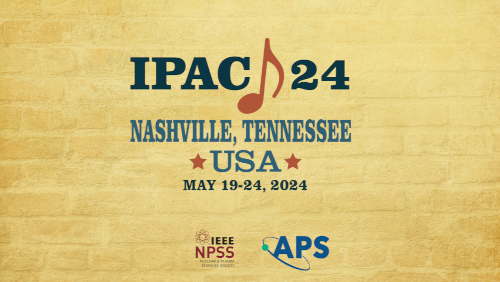Speaker
Description
The CERN Super Proton Synchrotron (SPS) offers slow-extracted, high-intensity proton beams at 400 GeV/c for 3 fixed targets in the CERN North Experimental Area (NA) with a spill length of about 5 seconds. Since first commissioning in the late seventies, the NA has seen a steady increase in users, many of which requiring improved spill quality control. Slow extraction is sensitive to small perturbations with the effect of reduced spill quality. While some of these effects have been addressed in recent years, continuous compensation of intensity fluctuations at 50 Hz harmonics originating from power converter ripple has been particularly difficult to achieve. In 2023, the deployment of two techniques - "Empty-Bucket Channeling" and active control with Adaptive Bayesian Optimization – resulted in a significant suppression of these intensity modulations. This paper focuses on using Adaptive Bayesian Optimization for 50 Hz harmonic control. The chosen algorithm is described, together with details of integration in the CERN control system. The 2023 results are presented and complemented with an overview of the next steps.
| Region represented | Europe |
|---|---|
| Paper preparation format | LaTeX |
